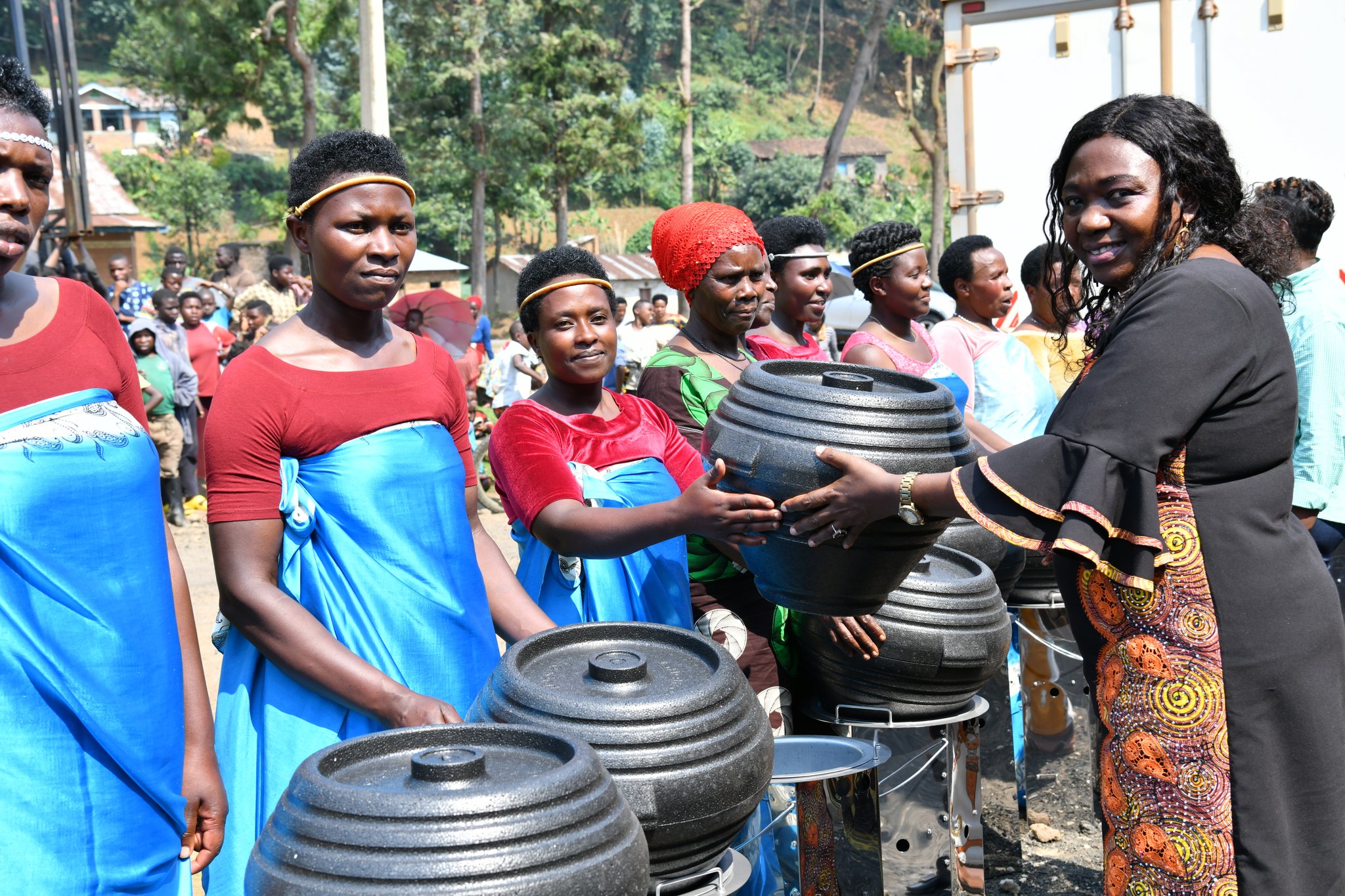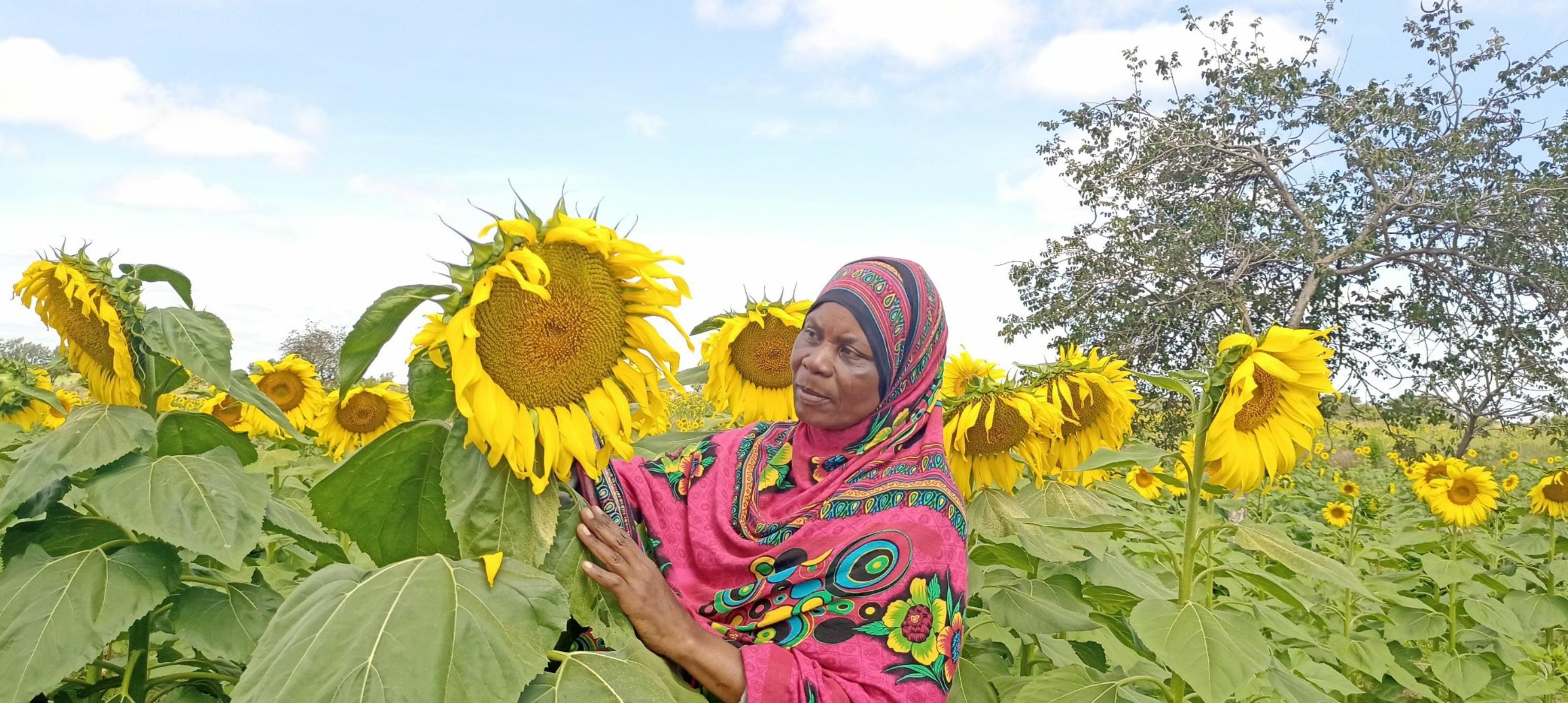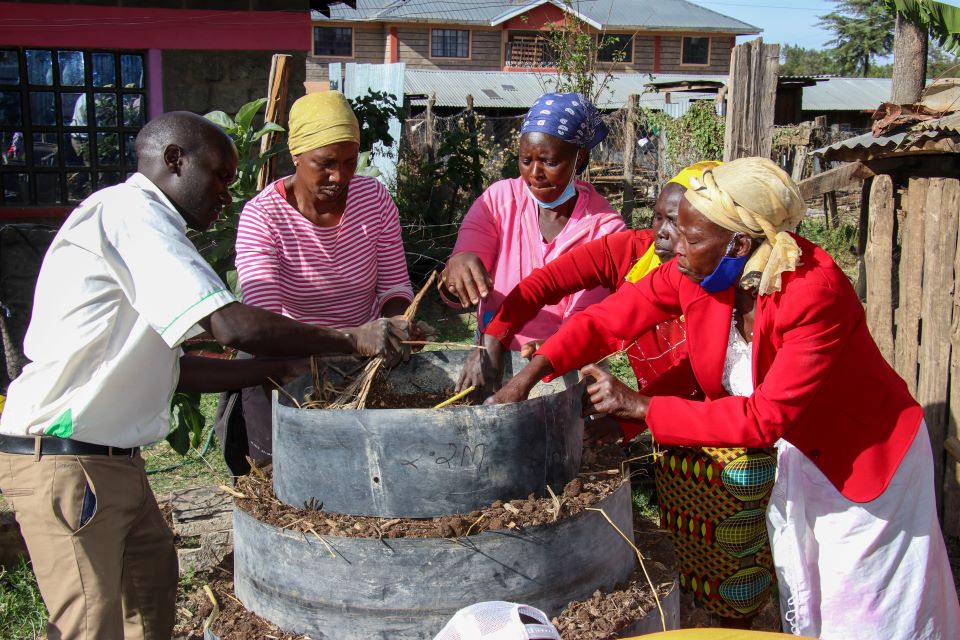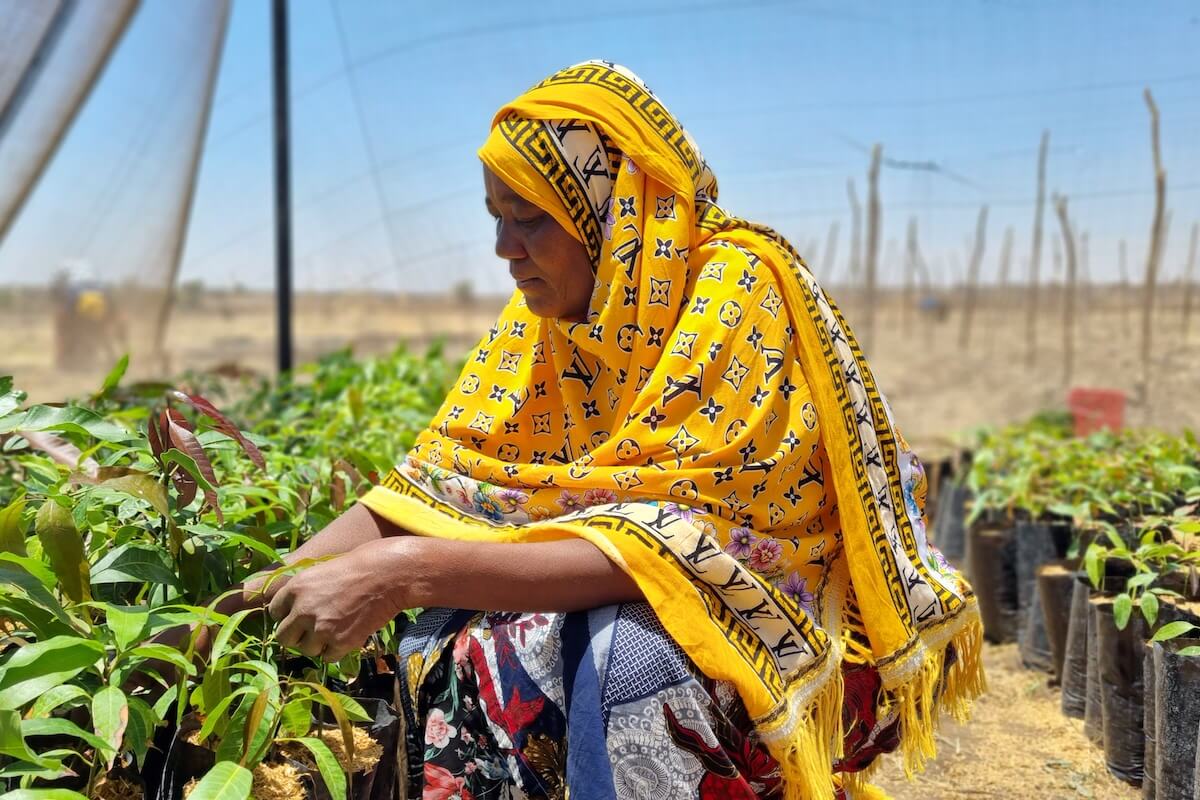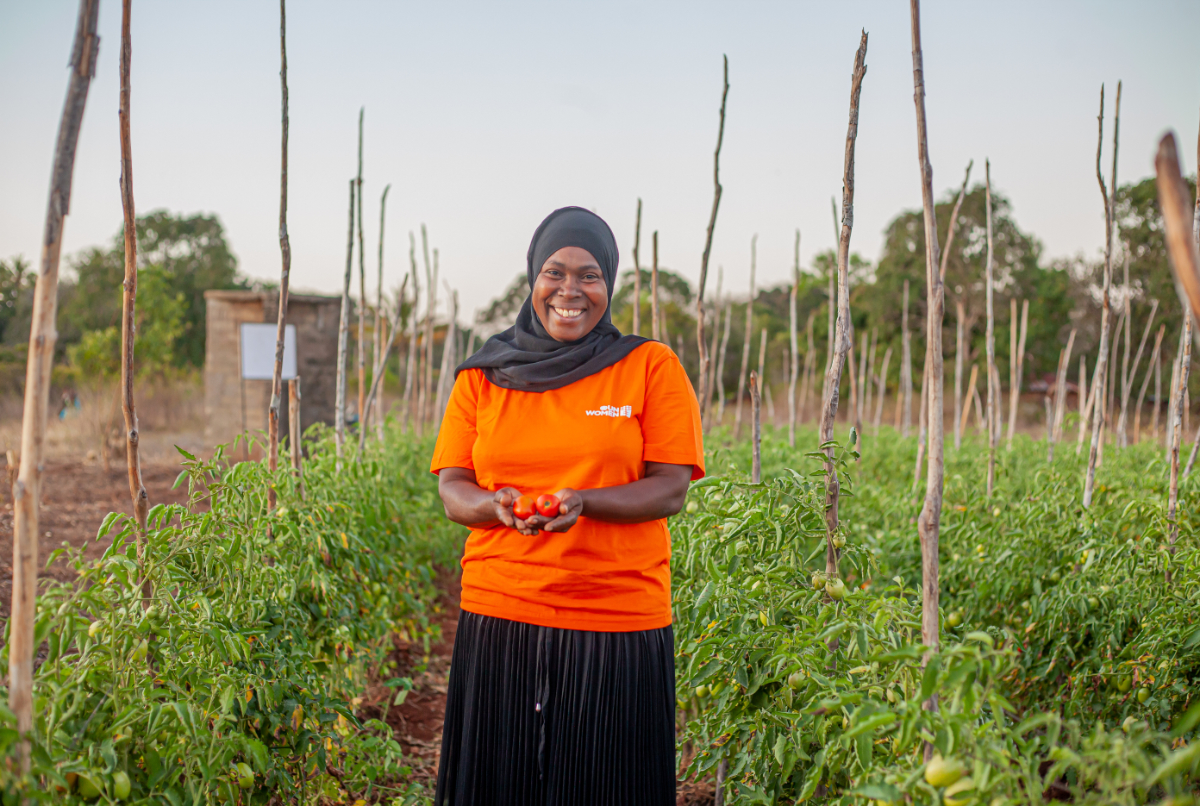International Day of Rural Women: Rural women confront the global cost-of-living crisis
Date:
Rural women play a critical role in ensuring food security across the world. In Africa, they carry a heavy responsibility as primary caregivers while still contributing to the financial stability of their home through small scale trade, farming and small businesses.
Effects of the global economic crisis have trickled down and threaten women’s health and wellbeing. It has been propelled by the war’s disruptions of oil and gas supplies and staple food commodities, alongside the skyrocketing food, fuel, and fertilizer prices.
Alarming increases in gender-based violence, transactional sex for food and survival, child marriage (with girls forced to leave school), and women’s and girls’ unpaid care and domestic workloads are further endangering women’s and girls’ physical and mental health.
This International Day, under the theme "Rural women confront the global cost-of-living crisis", let’s recognize the work of these heroines in the food systems of the world, and let us claim rural areas with equal opportunities for all. Achieving gender equality and empowering women is not only the right thing to do but is a critical ingredient in the fight against extreme poverty, hunger, and malnutrition.
Giving women the same opportunities as men could rise agricultural production by 2.5 to 4 per cent in the poorest regions and the number of malnourished people could be reduced by 12 to 17 percent.
The crucial role that women and girls play in ensuring the sustainability of rural households and communities, improving rural livelihoods and overall wellbeing, has been increasingly recognized. Women account for a substantial proportion of the agricultural labour force, including informal work, and perform the bulk of unpaid care and domestic work within families and households in rural areas. They make significant contributions to agricultural production, food security and nutrition, land, and natural resource management, and building climate resilience.
